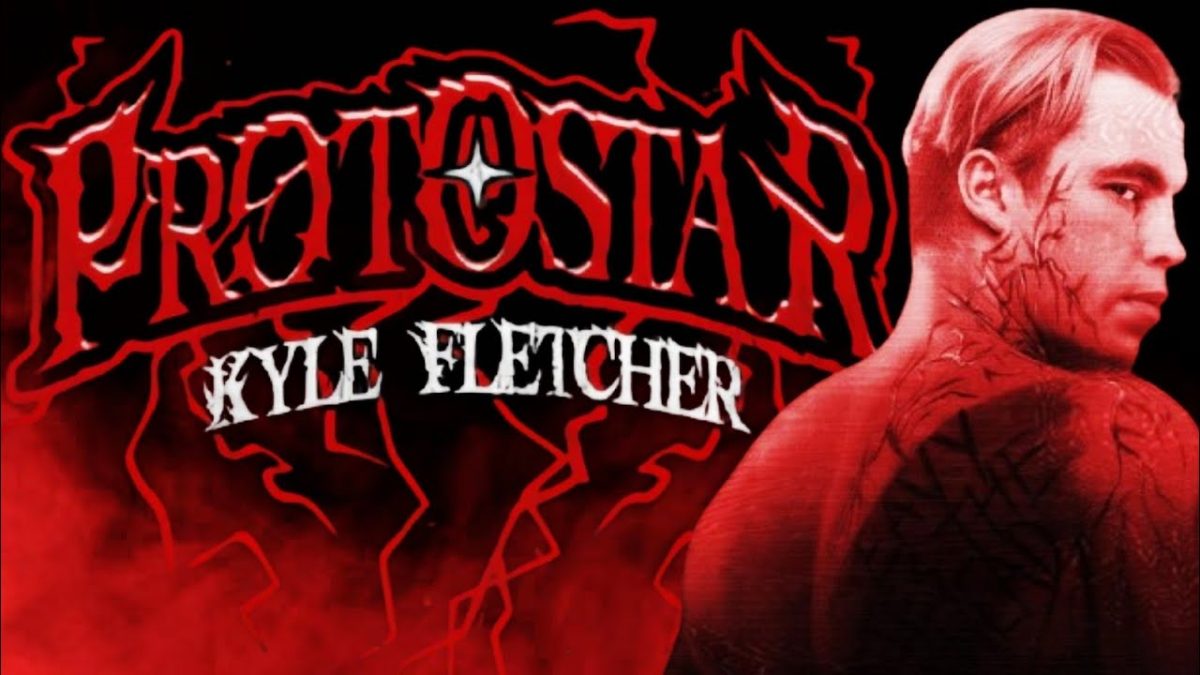Simple Fix
The criminal background of marijuana has forever been altered.
President Joe Biden about to board Air Force One at Joint Base Andrews Air Force Base on Oct. 6, bound for Poughkeepsie, New York.
October 19, 2022
On Oct. 6, President Joe Biden announced that he would be pardoning thousands of U.S. citizens accused of marijuana possession under Federal legislation.
According to The New York Times, the pardon claims to clear everyone who has been convicted of possession of the drug since it became a crime in the 1970s.
Although full data is not available, officials noted that approximately 6,500 people were convicted of simple marijuana possession between the years of 1992 and 2021. Such policies have disproportionately affected individuals in the Black community, leading to more arrests due to possession of the drug.
“Sending people to jail for possessing marijuana has upended too many lives — for conduct that is legal in many states,” President Biden stated on Twitter. “That’s before you address the clear racial disparities around prosecution and conviction. Today, we begin to right these wrongs.”
Backlash and critique for the move were present, stemming from an assortment of Republican Party officials.
“In the midst of a crime wave and on the brink of recession, Joe Biden is giving blanket pardons to drug offenders,” Republican U.S. Sen. Tom Cotton of Arkansas said. “This is a desperate attempt to distract from failed leadership.”
The majority of cannabis-related arrests are placed under the authority of individual states. Despite this, these crimes have historically represented approximately one-third of drug possession arrests by state and Federal officials nationwide.
Data sourced from The Federal Bureau of Investigation claims that in excess of 170,800 of the 490,000 drug possession arrests in 2021 pertained to possession of marijuana, equating to roughly 35%.
The pardon does not apply to individuals who have been convicted of selling or distributing cannabis; however, it will aid qualified individuals who are attempting to acquire an occupation, find suitable housing, apply to college or receive Federal benefits.
In addition, President Biden asked U.S. Attorney General Merrick Garland to review how the drug is categorized at the legal level, which would assist in determining the types of consequences involved for its possession.





















